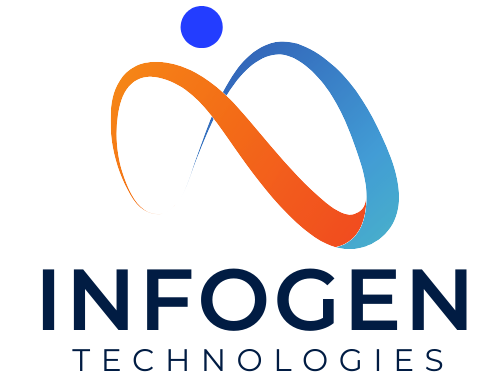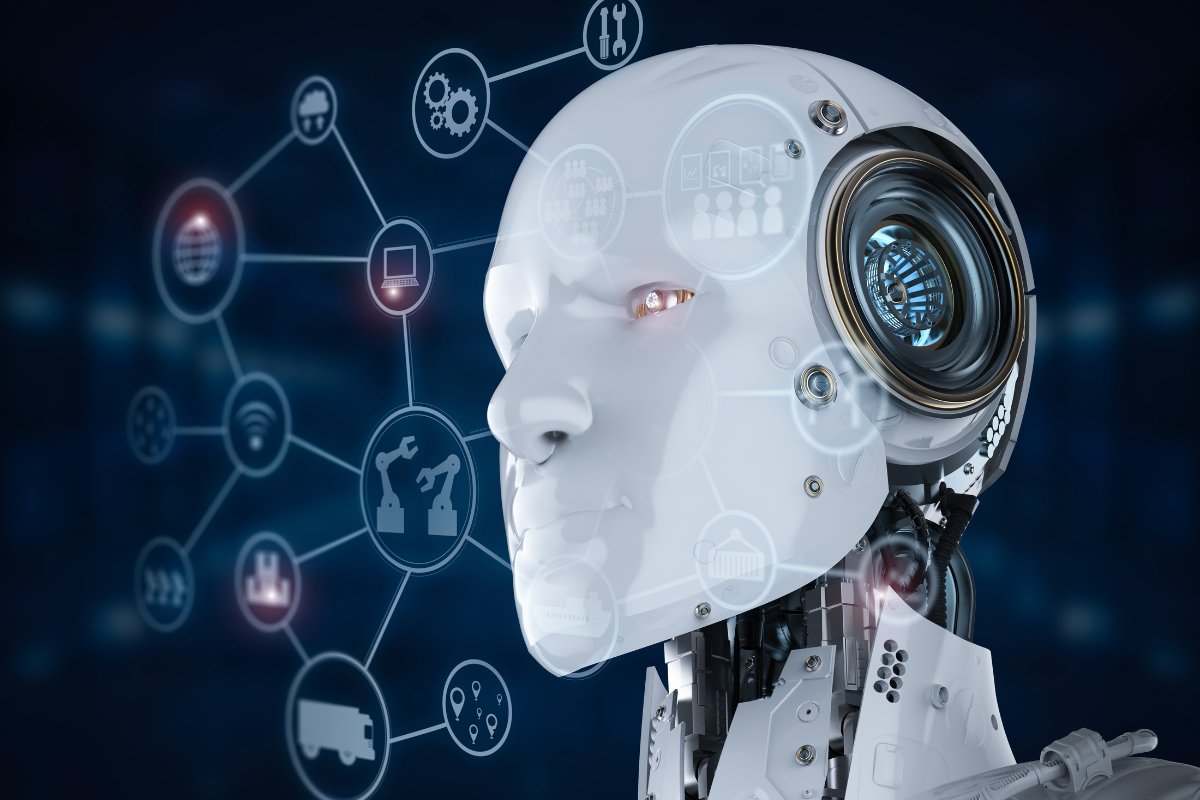Artificial Intelligence (AI) is no longer a futuristic concept but a present-day reality, transforming industries and driving unprecedented innovation. As AI technology continues to evolve, its applications are becoming more diverse, offering businesses opportunities to enhance efficiency, improve customer experiences, and gain competitive advantages. This blog explores the transformative impact of AI on various industries and delves into future trends that are set to revolutionize the business landscape.
AI in Healthcare: Enhancing Precision and Efficiency
The healthcare industry is one of the most promising fields for AI applications. AI algorithms can analyze vast amounts of data faster and more accurately than humans, making them invaluable for diagnosing diseases, predicting patient outcomes, and personalizing treatment plans. For instance, AI-powered imaging tools can detect anomalies in medical scans with greater precision, leading to early diagnosis and improved patient care. Additionally, AI-driven predictive analytics can help healthcare providers anticipate patient needs, optimize resource allocation, and reduce operational costs.
One notable example is the use of AI in drug discovery. Traditional drug development is a lengthy and expensive process, but AI can accelerate this by predicting which drug formulations will be most effective. This not only speeds up the time-to-market for new drugs but also reduces costs, ultimately benefiting patients and healthcare systems.
AI in Finance: Automating Processes and Enhancing Security
The finance sector has also seen significant transformations due to AI. Automated trading systems, powered by AI, can analyze market trends and execute trades at speeds impossible for human traders. These systems use machine learning algorithms to predict stock prices and optimize trading strategies, resulting in higher returns on investment.
AI is also revolutionizing risk management and fraud detection. By analyzing transaction patterns, AI can identify unusual activities that may indicate fraud, enabling financial institutions to act swiftly to prevent losses. Furthermore, AI-driven customer service chatbots can handle routine inquiries, freeing up human agents to focus on more complex tasks, thereby improving efficiency and customer satisfaction.
AI in Retail: Personalizing Customer Experiences
In the retail industry, AI is playing a crucial role in personalizing customer experiences. By analyzing customer data, AI can predict preferences and suggest products that are likely to interest individual shoppers. This level of personalization not only enhances the shopping experience but also increases sales and customer loyalty.
AI-powered inventory management systems are another game-changer for retail. These systems can predict demand for products based on historical data and current trends, ensuring that retailers maintain optimal stock levels and reduce waste. Additionally, AI-driven pricing strategies can help retailers set competitive prices that maximize profit margins.
AI in Manufacturing: Optimizing Production and Maintenance
Manufacturing is another sector where AI is making a significant impact. AI-powered predictive maintenance systems can analyze data from machinery to predict when maintenance is needed, preventing costly breakdowns and downtime. This not only extends the lifespan of equipment but also ensures that production processes run smoothly.
Furthermore, AI-driven quality control systems can detect defects in products more accurately and faster than human inspectors, ensuring that only high-quality products reach the market. AI is also enabling the development of smart factories, where interconnected machines communicate and coordinate with each other to optimize production processes, reduce waste, and enhance efficiency.
Future Trends: AI and Beyond
The future of AI in business looks incredibly promising, with several emerging trends set to drive further innovation. One such trend is the integration of AI with other advanced technologies such as the Internet of Things (IoT) and blockchain. This convergence will enable more sophisticated and secure data analysis, leading to smarter and more efficient business operations.
Another trend is the democratization of AI, where AI tools and platforms become more accessible to businesses of all sizes. This will level the playing field, allowing small and medium enterprises to leverage AI to compete with larger corporations.
Lastly, the ethical use of AI is gaining importance. As AI systems become more pervasive, ensuring that they are used responsibly and transparently is crucial. This involves addressing issues such as data privacy, algorithmic bias, and the impact of AI on employment.
Conclusion
AI is undeniably transforming industries and driving innovation, offering businesses new ways to enhance efficiency, improve customer experiences, and stay competitive. As AI technology continues to advance, its applications will become even more diverse and impactful. By embracing AI, businesses can not only meet current challenges but also position themselves for future success in an increasingly digital world.




